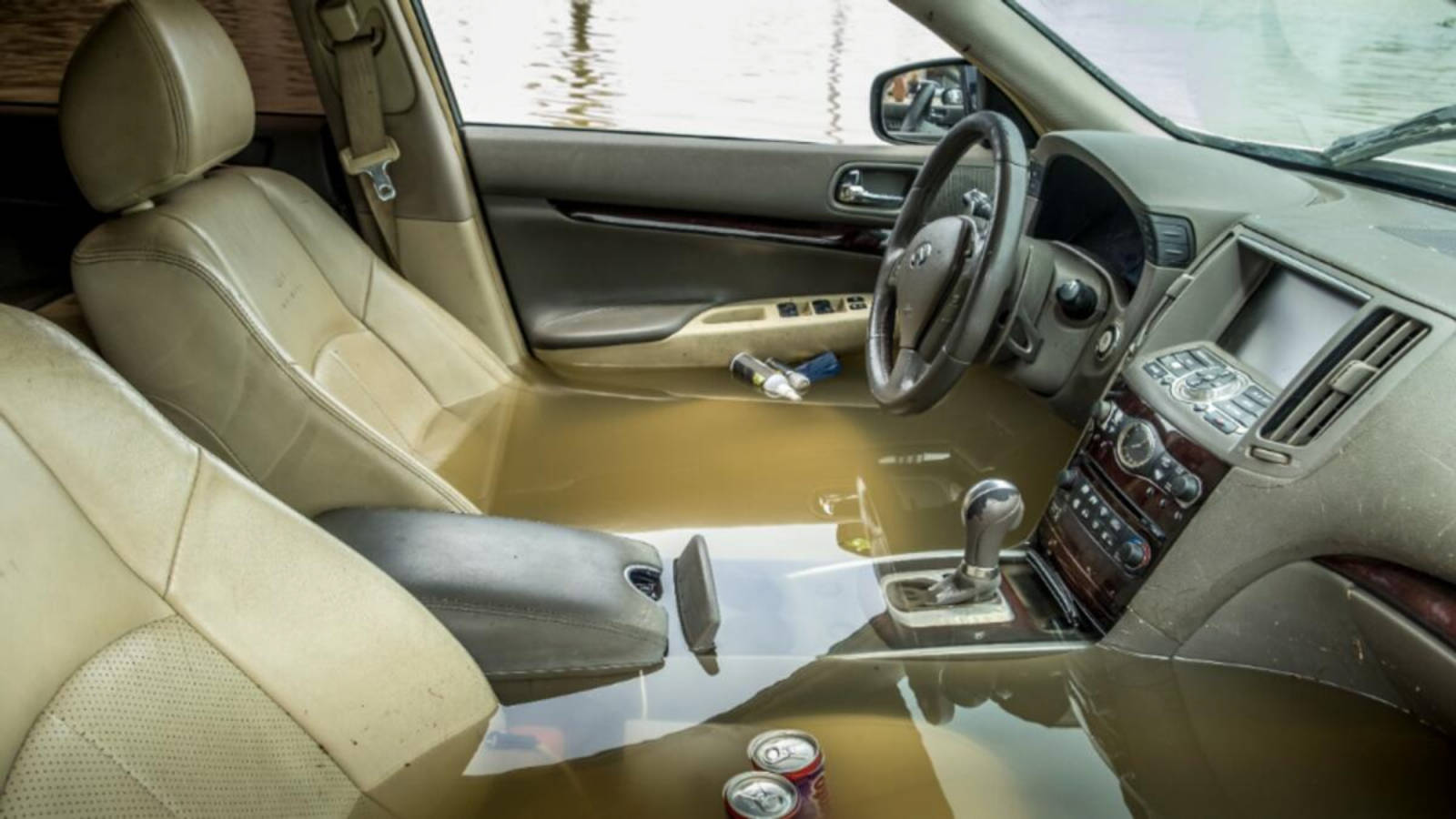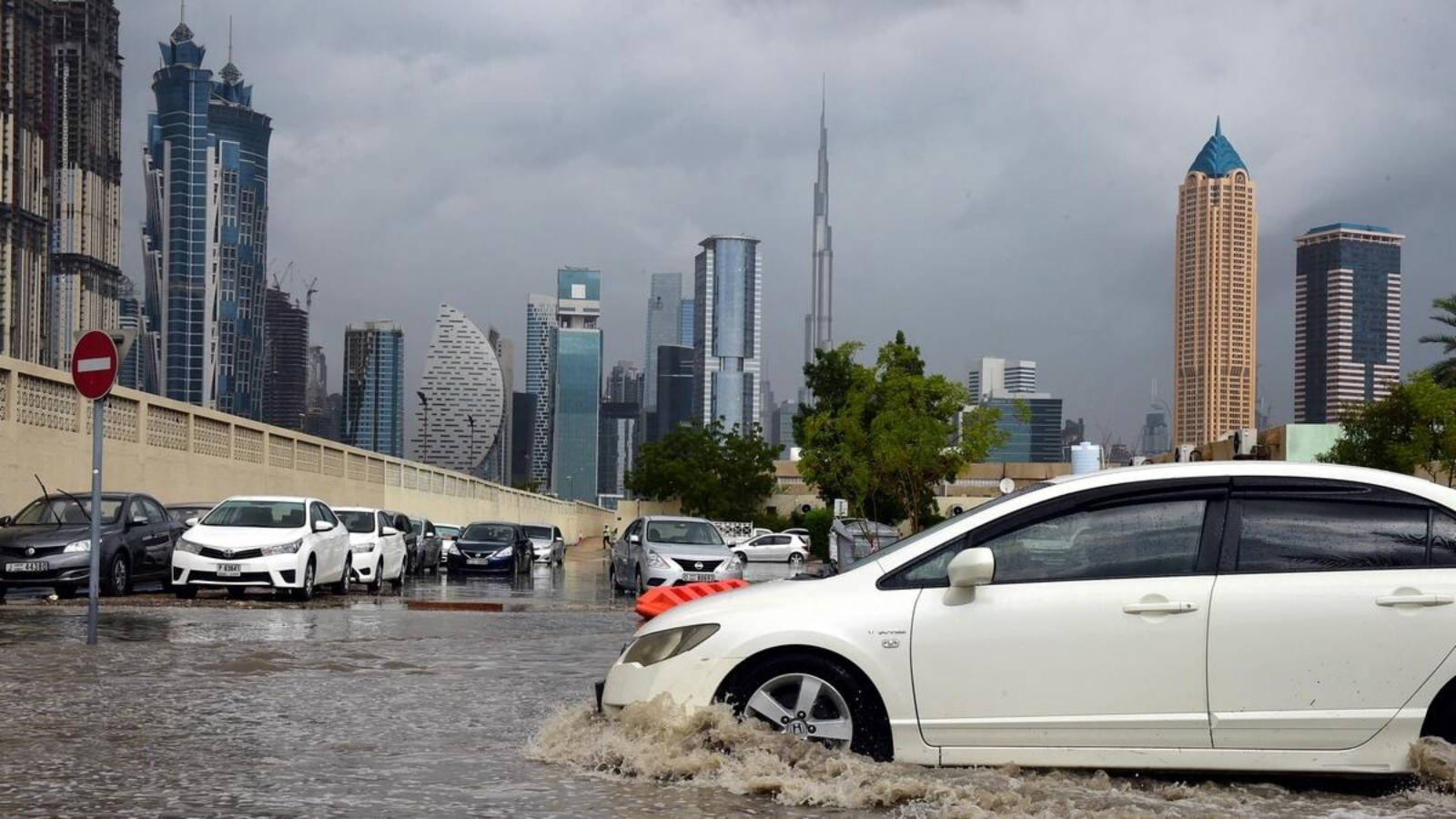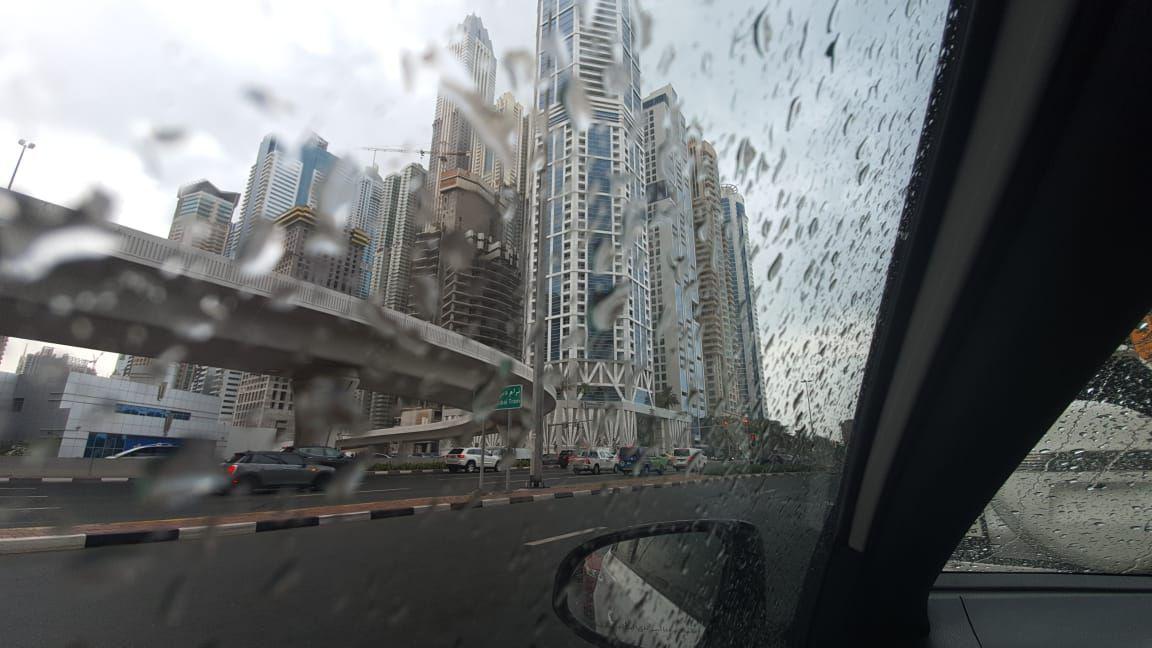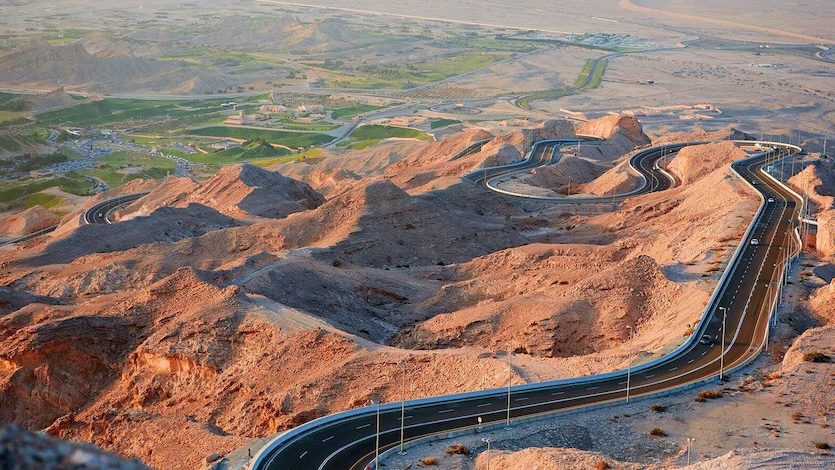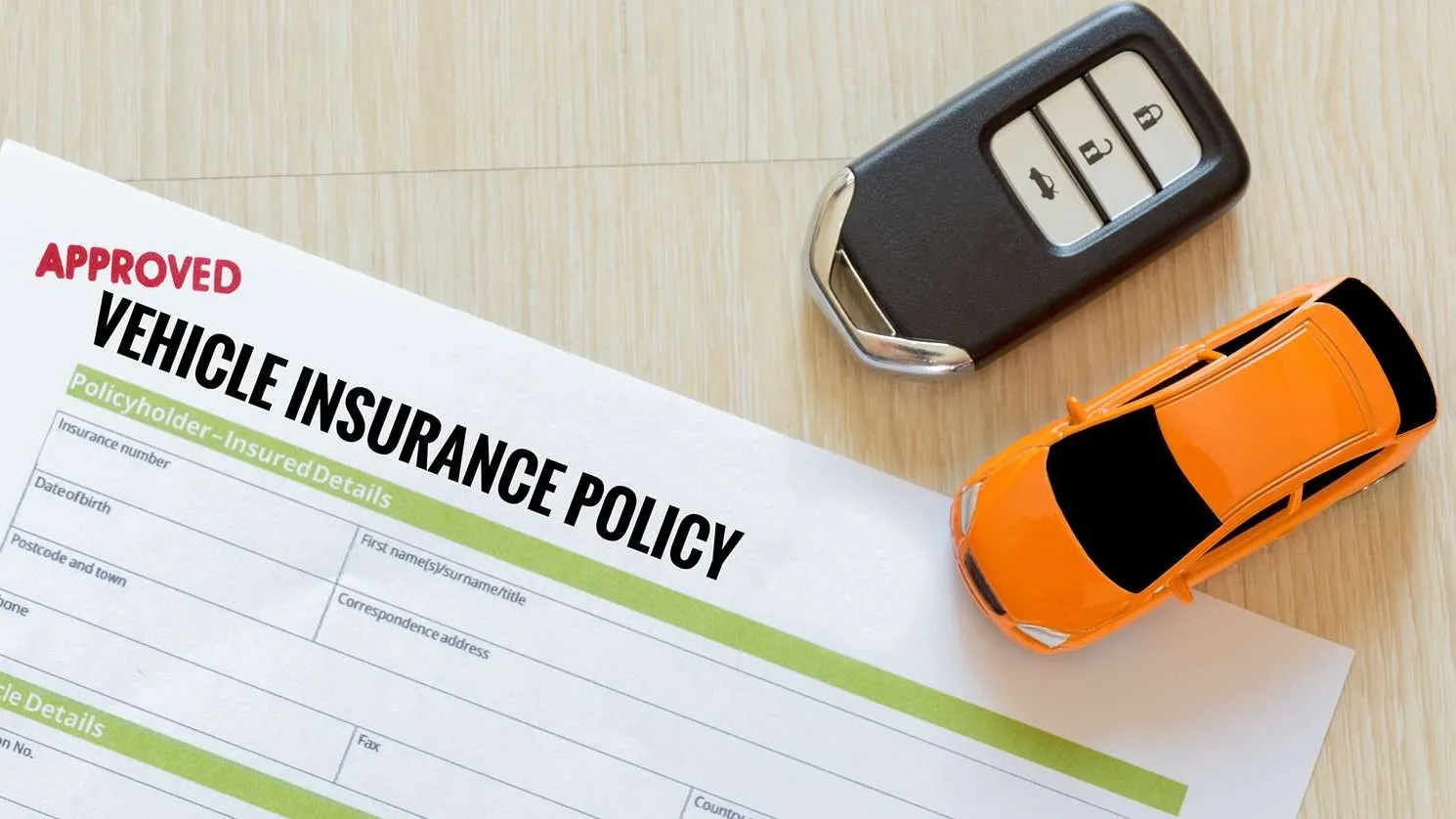How to prep your car for summer in the UAE
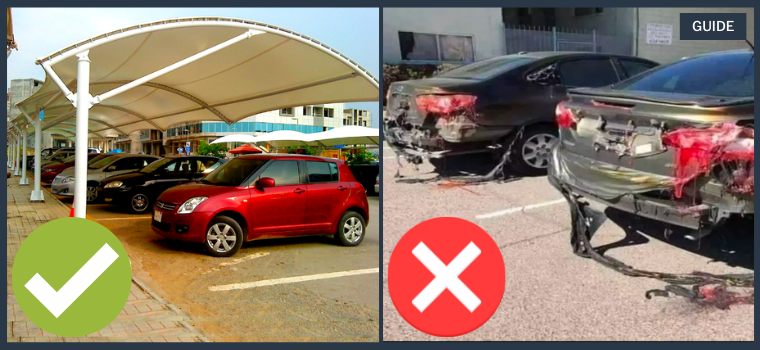
Rising temps usually bring about the same routine for all UAE residents. The lucky ones exodus for cooler climes, while the rest of us will work through it, making the most of the city, with early morning cycle trips, late-night beach walks and routine trips to the mall.
Everyone has plans to enjoy the season, and rightfully so. But one important thing to keep in mind, as temperatures in the city rise up to above 50°C, is your vehicle’s health. Maintaining a vehicle is a massive responsibility in the summer months, according to UAE Driving, if your vehicle is left neglected, your car can overheat, fuel can evaporate, your battery may die, or your tyres could blow out.
Commitment to following a few simple rules shared in this guide will keep your vehicle’s health in tip-top shape, and ensure you maintain the value of your car.
Get your (car) shades out
Yes, in the UAE, even your car has shades. It is advisable to get an aluminium shade or any other standard shade as these protect your car from UV rays. With a simple shade, you can keep your vehicle’s interior cool without any hassle. Problem solved!
Park in shaded areas
A simple solution to avoid major heat damage. Just like your skin can burn from too much sun, so can the paint on your vehicle. Shaded parking can protect your car from external factors such as dust and damage from direct sunlight.
Check your air filters and keep your vehicle’s fluids topped up
You may not realise how much damage a bad air filter can do to your fuel-injected engine. A lot of dust and debris can accumulate, which is unhealthy for the vehicle. Furthermore, all engine fluids; for example, your engine oil, engine coolant, transmission fluid, brake fluid and more need to be topped up from time to time, and it’s worth paying particular care in the summer months.
Check your cooling system
Checking your cooling system is essential to circulate a combination of water and coolant to maintain the temperature of the radiator and the engine.
Leave your car window slightly open
Here’s one you may not have heard before! Leaving your windows slightly ajar allows air to circulate within – particularly as the hot air inside rises. Such efficient ventilation always helps in the long run.
Get a window tint
Window tints are another top solution for preventing heat radiation and further UV rays. They will actually help in protecting the cabin, windows, and even your skin while you’re in the car…
Check your tyre pressure and keep your tyres well maintained
Ever tried to walk barefoot in the UAE during summer? Your feet can’t handle the heat, and your tyres will certainly be put to the test. Tyre pressure can build at higher temperatures, which leads to blowouts. Get your tyres checked regularly, keeping them well maintained is essential, according to Dubai Police.
Check the car battery
The temperature has a big impact on battery degradation since it affects the chemical reactions inside the battery. Make sure your battery is up-to-date because it can weaken in high temperatures.
Leaving the UAE for the summer months? Find an indoor parking spot!
If you’re leaving for the summer months, you’ll need to consider the implications that might have on your vehicle, and what measures you can put in place to keep it in tip-top shape while you’re gone. Firstly, if you can, find an indoor parking space. Experts also recommend you remove your car battery if you’re leaving for a prolonged period. Ensure the battery is fully charged and store it in a cool, dry place. Fuel tanks can actually rust if left empty over a long period, so fill your tank to the brim with petrol, right before you leave. This will keep away moisture than can cause rust. And finally, don’t engage the handbrake! Doing so over extended periods can damage your brake pads.
Tyre blowouts and flat batteries are some of the most common problems we’ve seen in cars caused by weather damage in the UAE. And as temperatures rise we urge you to look after your vehicle. Attentive care now will only add to your resale value when you’re ready to sell further down the line.



